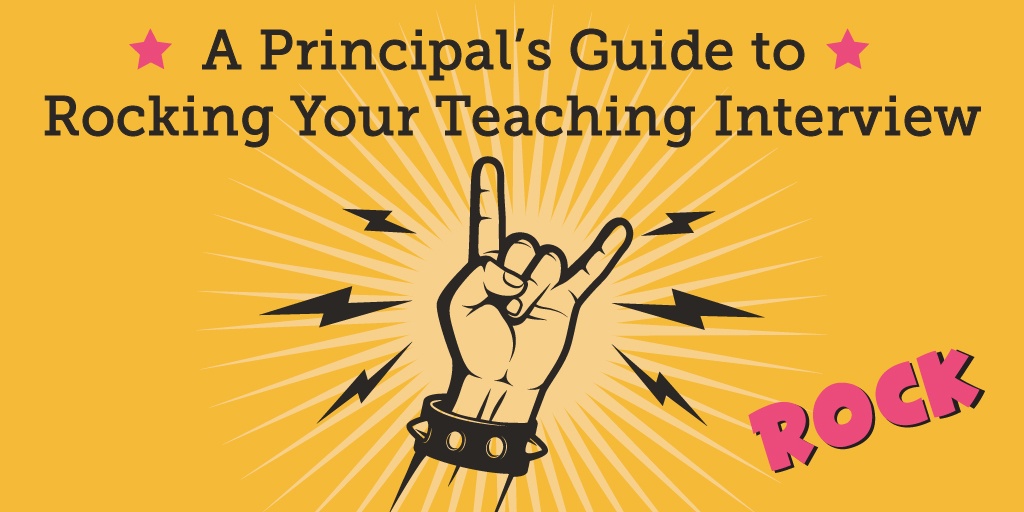
Over the course of 13 years as a principal, I have sat in numerous interviews for teacher candidates, curriculum directors, classified staff, superintendents, and even colleague principals. Thanks to this experience, I have developed some ideas for what candidates should or shouldn't do during an interview. By sharing some of these tips, maybe you can ace your next interview and land the perfect job.
Here are the “dos” and “don’ts” in no particular order:
- Do some homework: It's important to find out what you can about the school where you're interviewing. By looking at the school’s website, you can sometimes find information about curriculum, instruction, technology, and even facilities. Word of mouth is another good tool to use for finding information about the school prior to the interview. I'm always impressed when a candidate has done some background work about the school—it shows a true interest in the position and a proactive nature from the candidate.
- But not too much homework: I once walked into an interview and was stopped by one of the people on the panel before the interview started—she asked me all about my family and children. She knew information beyond what was included in the resume and application, so when I looked at it her strangely, she admitted to “Facebook stalking” me prior to the interview. Even if you do this with people around the school, I would suggest not admitting it at the interview. It was an awkward way to start, although I took the job and ended up having great deal of respect for that teacher.
- Always answer honestly: You may think, “Well...duh!” But what I mean by an honest answer is to make sure you are true to yourself when interviewing. For example, it may come up that part of the philosophy of the school is to “go back to the basics with pencil and paper.” If you are a tech nerd, you have to be honest about it. Interviewing is kind of like dating—both parties involved should be asking and answering questions and getting to know each other. The school and candidate may both be outstanding, but unless philosophies of education align, it won’t be a great fit.
- But not too honestly: I have had candidates cry, admit to minor wrongdoings, and give extreme amounts of personal details during interviews. The point of the interview is to get to know each other—the major topics need to be covered, but you shouldn't feel like you have to bring up the speeding ticket you got your junior year of high school.
- Do provide examples: This may be more of a personal preference for me, but I put a lot of weight on descriptions of actual examples of questions, such as student behavior, conflict resolution, unit planning, and project-based learning. Anyone can read a book and talk at length about these things, but it makes a difference when the teacher can speak to actually putting it into practice.
- But you don’t have to bring examples: I always validate the candidate’s portfolio by looking at it—I know how much time they take, and sometimes it can bring some insight. Most of the time, this portfolio holds zero bearing on who ends up getting the position. A better idea could be to email the principal with some digital examples following the interview. This way, you can reference things that you mentioned during the interview.
- Always thank the team for the interview: It does not need to be super formal or elaborate, but it is a great gesture—and one that I always appreciate. I do think an email is fine, but other principals may prefer a card or written note. Whenever I receive one of these, I pass it along to the whole interview team to make sure we all see it.
- Don't over follow-up about the status: If we say we will get in touch either way, we will. Unless there are other circumstances that come up, be patient and wait for a response. If you have multiple offers, it is OK to ask about a timeline—following up once or twice politely is enough.
These are by no means the be-all and end-all of what to do or not do when you interview, but I think the insight and suggestions could help. It is a time-consuming process to apply for positions and schedule interviews, so it is best to make sure your efforts count as fully as possible. Here’s to landing that perfect job in the perfect school and having a successful learning experience for those students!
Looking for more helpful teaching tips and tools? Be sure to subscribe to the Educator blog today!



